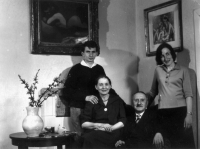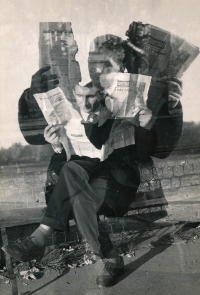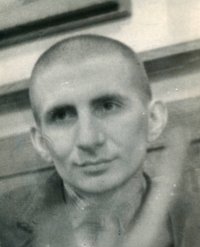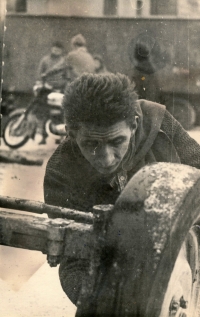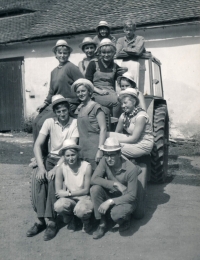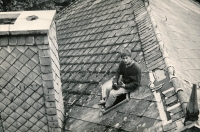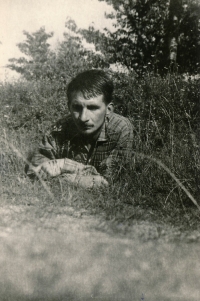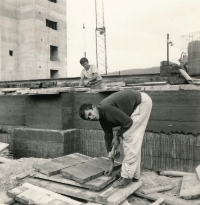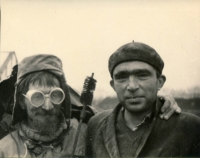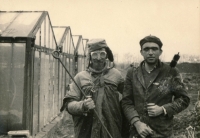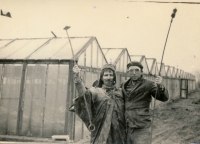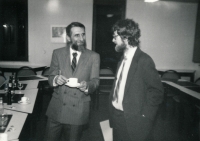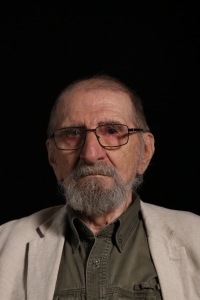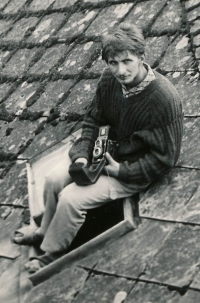His father was convicted in a trial designed to intimidate cultural Opava
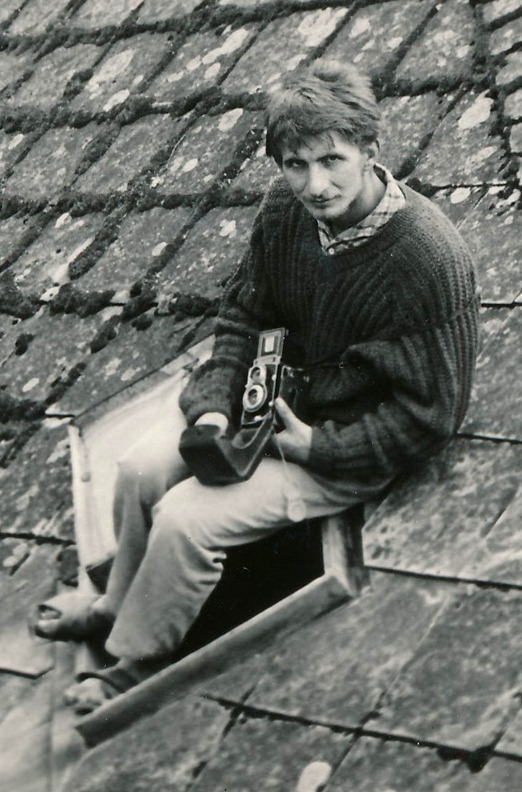
Download image
Václav Peřich was born on February 3, 1945 in Prague. After the end of the war his family moved to Opava, where his father, historian and archivist Leopold Peřich, headed the Silesian Provincial Archive. In 1955, his father was arrested and sentenced to five years in prison in a political trial of Opava’s cultural elite. During this time, his family visited him in the harsh conditions of the prisons in Ilava, Mírov and Leopoldov. His mother Marie was released from her job. Václav did not receive a recommendation for high school and apprenticed as a gardener before completing his high school diploma. He completed alternative military service: nineteen months in the construction industry and five months at the unit in Košice, where he worked as an instrument maker for a military dentist. He lived through the invasion of the Warsaw Pact troops in Košice on August 21, 1968. After returning to civilian life, he worked in the state enterprise Orchards, Forests and Horticulture in Prague, and later worked in computer science. He and his wife raised three children of their own, and in 1984 they adopted the eight-year-old son of a deceased friend. After November 1989, Václav Peřich became involved in political and academic life. He participated in the reform of the teaching of civic education at the Faculty of Education of Charles University and in 1992 was elected a member of the Federal Assembly. After the dissolution of the federation, he served as Vice President of the Supreme Audit Office. He lives in Prague.
